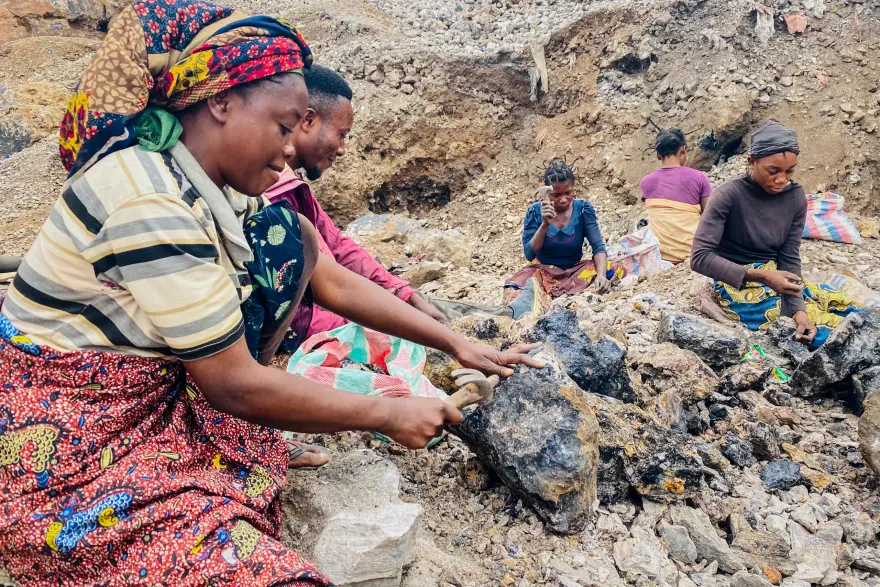Liberia Launches Gbedin Rice Brand to Revitalize Local Rice Industry and Attract Investment


Quidah is an online platform that connects investors with curated opportunities and expert insights on Africa’s emerging markets, while offering businesses promotional services, partnership facilitation, and market intelligence to attract capital and grow their operations.
Industries
On October 8, 2025, Liberia’s Ministry of Agriculture launched the Gbedin Rice brand in collaboration with Gbedin Agro-Business Incorporated (GABI) and the Dokodan Farmers Cooperative in Nimba County, signaling a renewed push toward food self-sufficiency under the “Liberians Feed Yourselves” agenda. The government has pledged to reduce rice imports by as much as 70% by expanding local production and building a structured value chain from farm to market.
Rice is Liberia’s most important staple crop, yet local production covers only about 20% of national demand currently estimated at 175,000 metric tons produced versus approximately 545,000 tons consumed. The country thus relies on imports of some 300,000–370,000 tons annually, costing hundreds of millions of US dollars. Key rice producing counties include Lofa, Nimba, Bong, and Gbapolu.
Historically, rice cultivation in Liberia has been dominated by smallholder farmers using upland, rain-fed methods, often with low yields and little mechanisation. Much of the production is consumed locally or sold within nearby villages, limiting scale and access to premium markets. Through the Gbedin project, the government intends to support mechanisation, improved seed varieties, and irrigation, alongside links to processing and branding to capture more value domestically.
In Nimba, the Dokodan cooperative’s infrastructure once looted during past conflicts is being rebuilt to include post-harvest processing capabilities. The Gbedin brand is envisioned as the first of several target local brands to receive prioritized support. With government backing, communities are being mobilised to grow, process, and market under a unified identity that commands consumer trust.
For investors and agribusinesses, Liberia’s rice sector is entering a transformation phase. Opportunities lie in providing farm inputs (seeds, fertilisers, agrochemicals), irrigation systems, mechanised equipment, commercial milling and packaging, cold storage and distribution networks, and branding & marketing infrastructure. Firms that partner early with local cooperatives, guarantee supply, and help bridge gaps in logistics can establish strong margins. As the state incentivises vertical integration and supports policy reforms, early entrants in value-chain segments may benefit from tax advantages, government contracts, and a growing domestic market under reduced import competition.
If Liberia’s policy momentum continues, Gbedin Rice may become a national symbol of agricultural renewal and a case study for how investment, branding, and inclusive growth converge in Africa’s agribusiness transformation.


